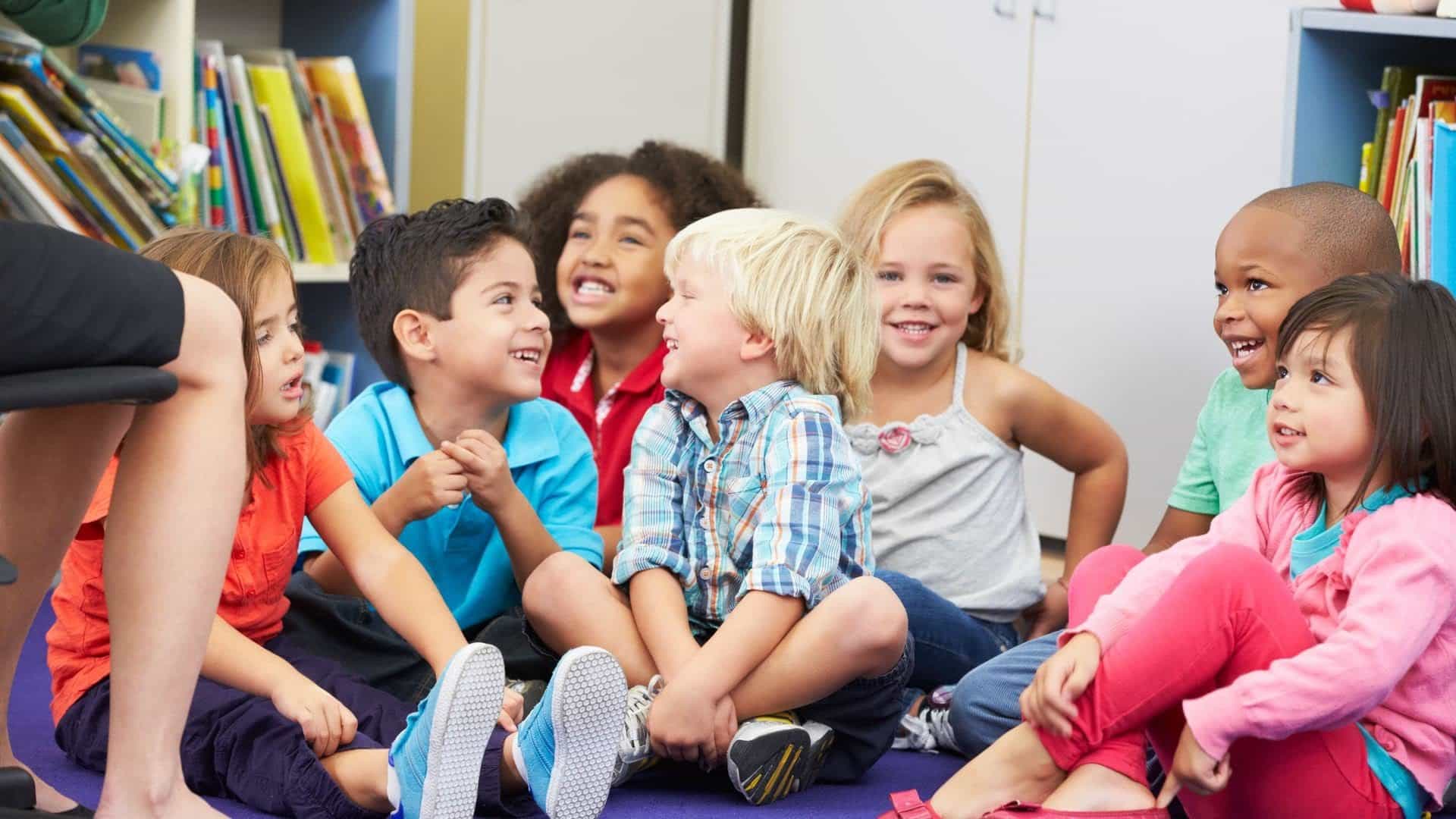Emotional development in children has major significance in shaping their personality and approach in society. It is for parents to know and understand the crucial questions for helping children in developing their specific skills of emotional growth.
It can sound a little vague and irrational as many parents still believe that their child is ‘too young’ for any emotional growth. If you are thinking the same, let’s break the ice and clear the cloud of thought – emotional growth and progress start in a child as soon as they start recognizing people and understand things around them. This can start from as early as 2 years of age.
To understand thoroughly, there are certain things that you must have a clear idea about. Here are the 5 concerning questions whose answer is imperative for every parent to know.
What exactly is emotional development in a child?
#Interesting fact:
Only 42% of the parents in the US believe that it is important for children to start developing emotionally from an early age. Also, children who are helped with their emotional stability from a young age, tend to perform better in other social places.
Now, coming back to the question, children having emotional development is not exactly related to intricacies; rather, it talks about 3 clear things:
- Expressive:
When a child learns to convey things in an organized manner for others to understand. While expressing, a child should remain calm, yet have a clear standpoint.
- Sensitive:
It is essential to help a child nurture sensitivity towards others. They must have an empathetic feeling which will later teach them to forgive people and have a positive attitude towards life.
- Responsive:
Children need to learn how or when to respond to others. This is a major part of their emotional progress.
How to make your child’s emotional values better than yours?
This is certainly not a competition, but time is moving fast, and things around are changing. To cope up with it, children must have more emotional stability to sustain in society and be a contributive part in it. This is why; experts on child behavior and psychology have come up with some interesting key points that can trigger the emotional side in a child.
- Talk to your child
Your child wants to know more about you and acts similarly. Hence, if there are more conversations and communication between parents and child, they will look up to you, your values and adopt the same in themselves. Also, it nurtures their listening skills.
- Help your child to be social
Do you expect your child to go out for the first time in the park and become friends with everyone? It is only possible if the environment at home is equally friendly. So, once they develop a friendly nature, they are going to be more inclined in knowing and understanding others, they feel comfortable and learn the skills of adjustment.
- Always take your child’s side in time of crisis
What crisis can such a small child have? Losing a toy or falling from the couch? These might seem to be futile to grownups, but to them, it is a major problem. You need to empathize with your child; only then they will develop the skills of empathizing with others.
So, next time, if your child loses a toy, instead of saying I’ll get another, help them to find it. This will make a world of a difference in helping with their emotional development.
- Family time
From where did you learn your morals and values? Family, right? Similarly, now it is your turn to teach your child the similar ones.
Tip: Do share one meal together every day. This will help your child to be more like you.
- Get them a pet
Sounds funny or seems like an added responsibility to you? See the brighter side! Your child will be much more responsible. They will learn to take care of others, share and develop a sense of unconditional love which is extremely important.
What is the relation between emotional growth and your child’s personality?
When emotion holds so much of importance in life, it is well expected that this will have a stronger impact later on. In short, it will lead to many advantages. Here are some of the significant benefits to look.
- Self-awareness:
They will know what their limit is, what is acceptable, if their deed is correct or not and become much more responsible.
- Humble and helpful:
A child needs to know the value of others. He/she must help others whenever they get a chance. This, in the long run, will polish their personality and fetch them respect in life.
- Confidence:
A confident child has more potential to develop social and communicative skills merged with morality. Moreover, with a sensitive and emotional development, impersonating their progressive nature will bar them from turning confidence into overconfidence.
- Enhanced leadership quality:
If they become understanding, most certainly they will be able to lead others as a group and work in any situation.
As they grow up, they will be more positive as a person and certainly stand out in his/ her qualities.
Are you creating hurdle in your child’s emotional growth?
Have you ever thought that your actions might have a negative impact on your child? During the tender age of emotional development, whatever you do as a parent or however the environment around may be, it will have a direct effect on your child. So, make sure you don’t do anything knowingly or unknowingly that will make your child feel negative towards others and weaken their emotional state.
Parents are to give child strength, not turn them vulnerable!
- Don’t be too harsh
- Don’t criticize, rather explain
- Never depend on physical punishment
- Do not curse publicly
- Make sure you don’t impose decisions
- Never fight with others in front of your child
These are few of the things that leave a deep impression in your child’s mind.
How to know if your child has an emotional breakdown?
There can be several aspects during emotional development in a child that can put a negative effect. The only way to manage it is by addressing the signs and taking them to a professional. Here are few signs that must worry you about your child:
- Breaking into tears all of a sudden
- Fearing to go out and play
- Avoiding doing their favorite things
- Not eating properly
- Inattentiveness
- Getting irrationally angry
If you think a preschooler doesn’t have these emotional issues, then you might just be wrong! According to researchers, 30% of children below the age of 8 years suffer from an emotional breakdown. Moreover, 25% of children under the age of 12 years suffer from depression. It means all these problems start at a very early age and go unnoticed. So, don’t make this mistake and keep a close eye on your child.
Bless your tiny tot with a perfect emotional development.
Related articles include: cognitive development – physical development – social development – fine motor skills – gross motor skills – language development


